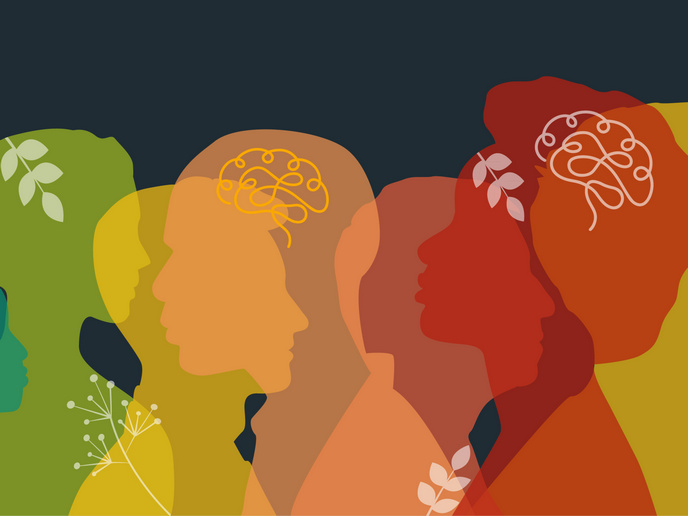New insights into the development of the sense of self
Backed by EU funding, the project SELF (Studying developmental, neural, cognitive and affective aspects of the self in humans) explored how humans parse information on the basis of its relevance to self. Specifically, it sought a deeper understanding of how these processes are localised in the brain, manifest in behaviour and are linked to development. Applying converging methods from neuroscience and psychology, the team investigated reflexive, unconscious aspects of the self and their influence on human cognition. They devised new methods based on the notion of temporary ownership, forming temporary owner-item relationships to explore targeted issues and explain how self-referential encoding enhances memory across the lifespan. This helped identify brain areas that seem to be uniquely activated when establishing owner-item relationships. These same regions might predict subsequent memory advantages for self-owned items as well as the order in which the regions become maximally active. SELF also developed a novel technique to measure bias in an individual's valuation of owned objects, using this to examine how culture impacts this relationship. Another line of research established reliable self-referential encoding in children from the age of four. This represents a major advance towards extending knowledge on the development of self in early childhood. Related laboratory findings were used to design a successful classroom encoding task to enhance spelling performance. The work has major implications for early literacy and the design of targeted interventions supporting positive and lifelong impact. Project members are continuing their work, applying theoretical findings to real-world concerns regarding literacy attainment. Future goals include developing teaching interventions that improve literacy skills in early education and possibly very early mathematics understanding. The work and outcomes of SELF contribute to cognitive and functional accounts of the human construct of self. As such, the results may also have implications for research into the numerous disorders of self resulting from trauma or organic diseases.







